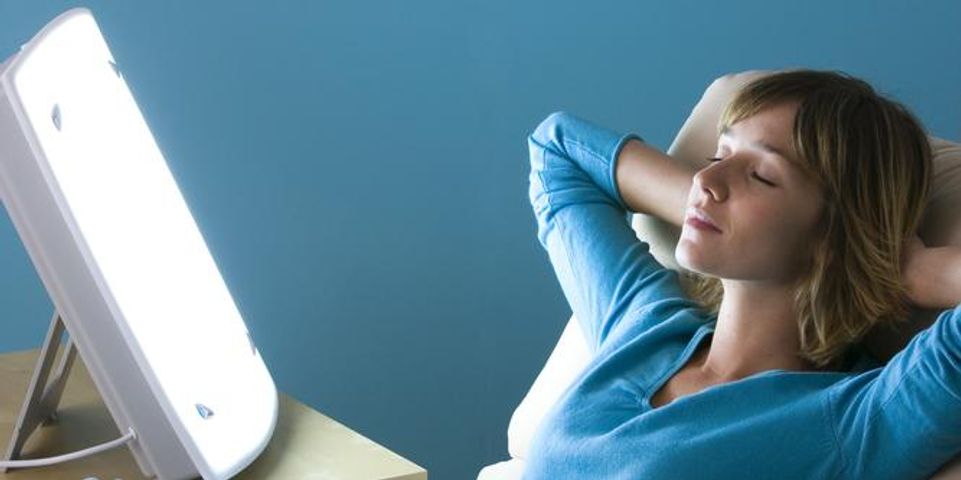What Is Seasonal Depression & How Can a Therapist Help?

As the fall starts to transform into winter, the term “seasonal depression” starts to become more prevalent in American conversations. While many casually associate this condition to the experience of feeling depressed when days are shorter and colder, Colleen Torrence, MED, LPC reminds patients that the clinical side of this mental health issue is more complex. Providing comprehensive counseling services as a therapist in Juneau, AK, Torrence explores what this condition is and how to help it.
How Is Seasonal Depression Classified?
Feeling heightened symptoms of depression during specific seasons is often referred to as “Seasonal Affective Disorder (SAD)” in pop psychology circles. However, this term doesn’t necessarily provide an accurate depiction of the condition’s place in mental health diagnosis.
Instead, SAD and seasonal depression are best classified as “Major Depression with Seasonal Specifier.” By using this categorization, it’s easier to understand that those affected by the condition are diagnosed as having major depressive disorder—a chronic mental health issue—that is aggravated by seasonal conditions.
What Are the Signs of Seasonal Depression?
 SAD is usually characterized by common signs of major depressive disorder, but it is unique in that symptoms grow worse in seasonal conditions and improve when seasons change. For example, people who have this condition typically experience chronic depression every day as soon as temperatures start to drop and periods of natural light grow shorter.
SAD is usually characterized by common signs of major depressive disorder, but it is unique in that symptoms grow worse in seasonal conditions and improve when seasons change. For example, people who have this condition typically experience chronic depression every day as soon as temperatures start to drop and periods of natural light grow shorter.
This depression can involve low energy, loss of appetite, problems sleeping, and loss of interest in activities that were once enjoyed. Without treatment, a person with SAD can experience increased irritability, trouble concentrating, feelings of hopelessness or worthlessness, and may even have suicidal thoughts.
How Is Seasonal Depression Treated?
If you are noticing any of the above signs, it’s important to work with your healthcare provider to determine the best course of treatment. In many cases, a qualified therapist can introduce you to a variety of non-medicated therapies to ease symptoms.
Your specialist may recommend making changes to your diet or taking supplements to boost vitamin D levels, which are typically low in periods of seasonal depression. You might also benefit from using a light box to help reproduce the benefits of being exposed to natural sunlight.
A therapist can also help you reevaluate your daily habits and help you establish a regular sleep cycle, which, in turn, will help your mind and body get the restorative rest they need. If you’ve been having negative thoughts, talk therapy can help you identify specific triggers and work through them in a healthy manner.
Providing care to both adults and children, Colleen Torrence, MED, LPC is a reliable resource for seeking treatment for SAD—as well as other forms of depression—in Juneau, AK. In addition to customizing care for each client, this family counselor strives to discuss issues in an approachable fashion within a comfortable, low-stress environment. Visit Torrence’s website to learn more about her expertise or call (907) 789-9212 to schedule an appointment.
About the Business
Have a question? Ask the experts!
Send your question

